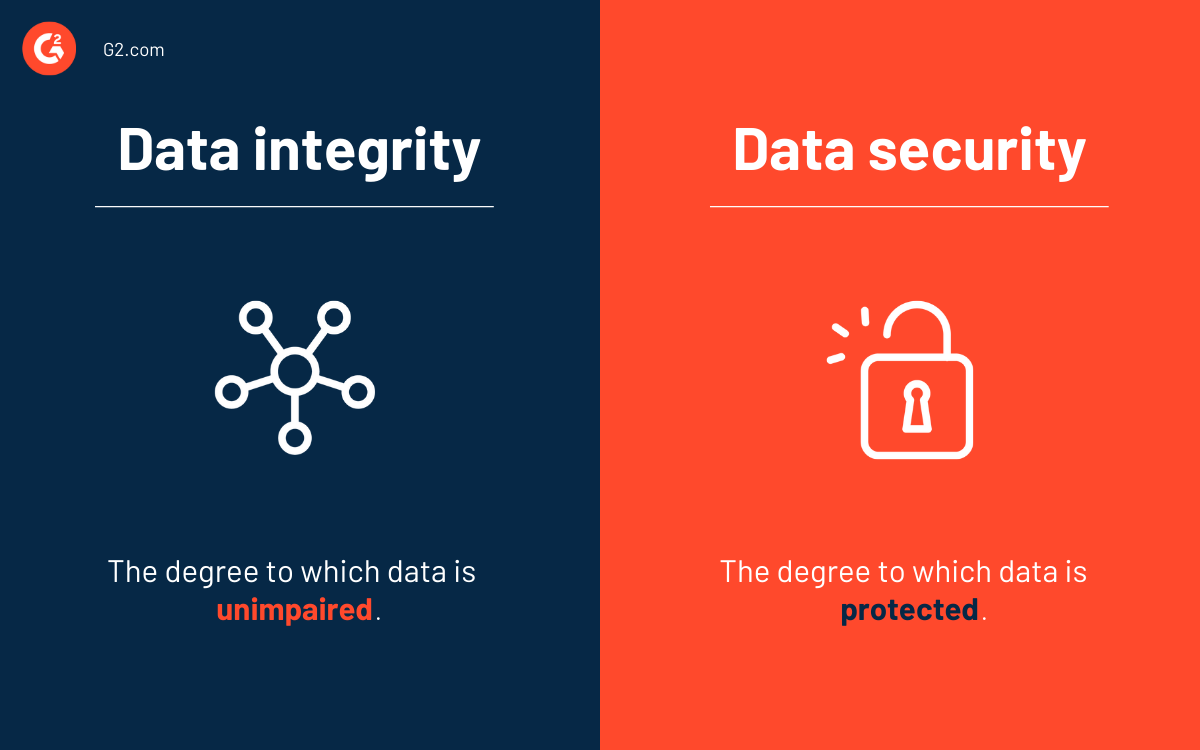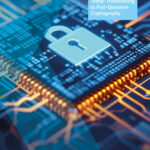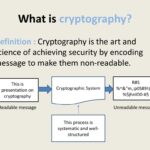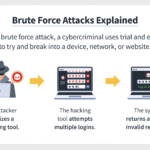In the digital realm, where data has become a cornerstone of operational efficacy, distinguishing between data integrity and data security is not merely an academic endeavor. Instead, it serves as a crucial catalyst for enhancing organizational efficacy and establishing trustworthiness with stakeholders. While the terms are often employed interchangeably, they encapsulate distinctly different concepts, each with its own significance in the landscape of data management. By dissecting these differences, we can better appreciate the machinations that govern our data-driven societies.
To embark on this exploration, we must first elucidate the concept of data integrity. Data integrity refers to the accuracy and consistency of data throughout its lifecycle, which includes the stages of collection, storage, processing, and retrieval. Maintaining data integrity ensures that information remains uncorrupted and reflects the true state of reality. When data is said to be ‘intact,’ it signifies that the content has not been altered or tampered with maliciously in any way, leading to assured correctness of operations reliant on this data.
There are both intrinsic and extrinsic factors that can compromise data integrity. Intrinsically, users often introduce errors through input mistakes, which can lead to a cascade of inaccuracies. On the other hand, externally, malicious attacks such as man-in-the-middle experiences or even simple data transmission failures can corrupt datasets. Therefore, organizations invest in rigorous validation protocols, checksums, and data auditing processes to ensure that these anomalies are minimized. The overarching result is a trustworthy set of data that facilitates informed decision-making and enhances operational transparency.
Conversely, data security pertains to the mechanisms and protocols adopted to safeguard data from unauthorized access and breaches. In an era marked by rampant cyber threats—from data breaches and ransomware attacks to social engineering tactics—the imperative to secure sensitive information can hardly be overstated. Data security employs a variety of defensive strategies, including encryption, access controls, and secure coding practices, to shield data from unwarranted access and to ensure that classified information remains confidential.
Though the two concepts are intertwined, they each fulfill unique roles within data governance. To illustrate, think of data integrity as the currency’s authenticity; a dollar bill must be valid and recognized for a transaction to proceed. Conversely, data security resembles the vault that protects that currency. Without the vault, even legitimate dollars could succumb to theft, but without the dollars, even the most secure vault is of no benefit. Thus, the integrity of the data is imperative for functional decision-making, while security ensures that the data remains beyond the prying eyes of those who might misuse it.
The interplay between these two concepts eschews simplistic analysis; it hints at a larger, underlying theme prevalent in digital management. Organizations often allocate resources according to prevailing perceptions of risks. For instance, in an environment where data breaches are commonplace, a heightened focus on data security is understandable. Yet, this focus can inadvertently overshadow the equally vital need for maintaining data integrity. A company may implement robust security layers to combat external attacks but fail to recognize the internal vulnerabilities that can arise from poor data entry practices or lackadaisical update protocols.
It is crucial to recognize that safeguarding data integrity is not just a technical obligation but also a profound ethical responsibility. Stakeholders, including customers, shareholders, and employees, rely on the trustworthiness of data for their own decision-making processes. Thus, transparency and adherence to integrity principles can lend credence to organizational credibility. This ethical framework places data custodians in pivotal positions, where they must navigate not only the technological landscape but also the moral imperatives attached to data stewardship.
A symbiotic relationship exists between data integrity and data security that can propel an organization toward success. Effective communication across departments, including IT, compliance, and leadership, can engender a culture of vigilance and accountability. This holistic approach facilitates not only a resilient data infrastructure but also fosters a community that remains responsive to evolving threats and challenges associated with data management.
When organizations establish protocols that prioritize both the integrity of their data and its security, they cultivate an environment where innovation can flourish. Employees can trust the data they operate upon, making them more likely to adopt new technologies and methodologies that enhance productivity. Additionally, organizations can harness data analytics not just for marketing insights, but also for strategic expansion and operational improvement, all predicated on the foundation of reliable data.
Ultimately, the potential ramifications of ignoring the differences between data integrity and data security can be monumental. An organization may invest heavily in encryption techniques, but if the data itself lacks integrity, decisions made on that data could lead to disastrous outcomes. Therefore, it is incumbent upon organizations to establish a dual focus that encompasses both domains, creating a fortified structure that anticipates, detects, and responds to threats while ensuring the authenticity of the data they rely upon.
In conclusion, while data integrity and data security represent distinct dimensions within the field of data management, they are inextricably linked. Together, they form a robust framework that allows organizations to navigate the complexities and challenges of the digital age. By emphasizing the importance of both, organizations not only protect their assets but also uphold their reputations, fostering enduring relationships built on trust and reliability.








Leave a Comment